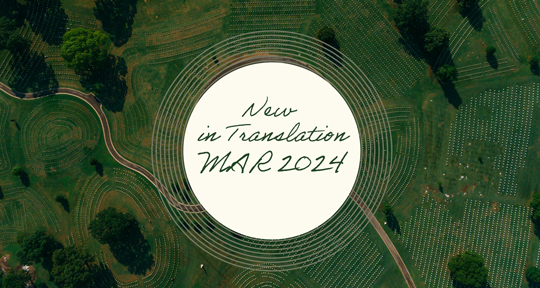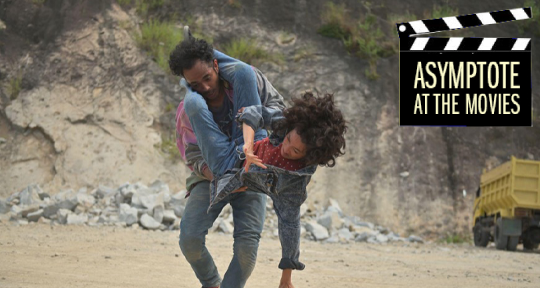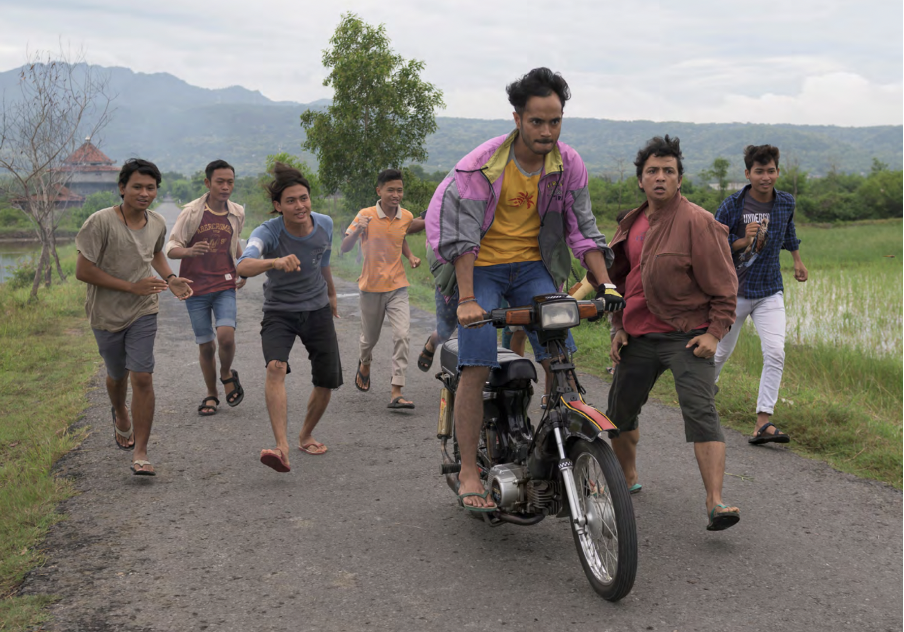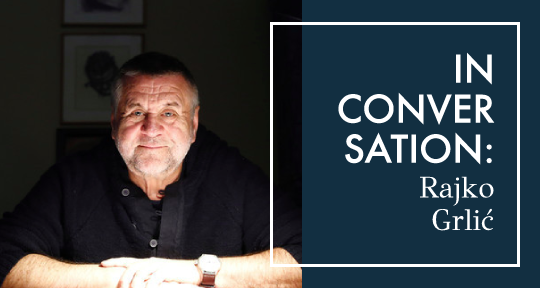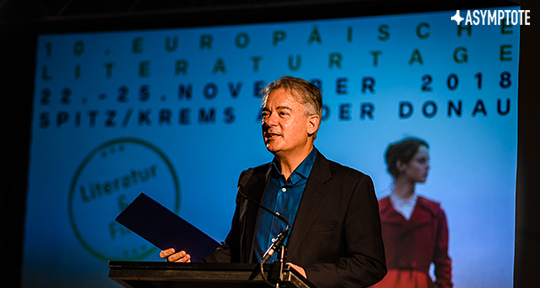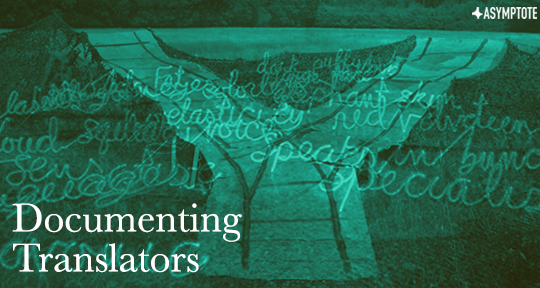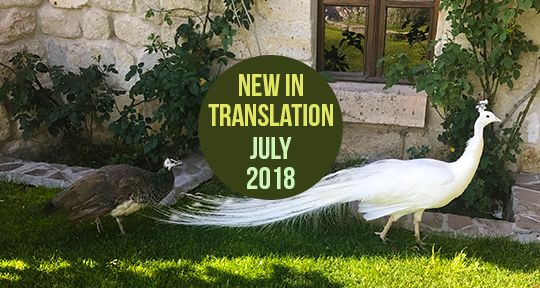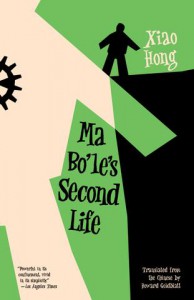The latest text from one of German New Wave’s founding members and all around heavy-hitter; a wide-ranging compilation of art and testimony championing the Iranian feminist movement from Marjane Satrapi; and a moving, braided narrative of grief and recovery from a lauded Icelandic author. Our editors review some of the most exciting works in translation coming to the Anglophone this month.
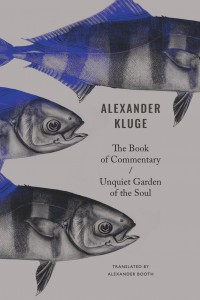
The Book of Commentary / Unquiet Garden of the Soul by Alexander Kluge, translated from the German by Alexander Booth, Seagull Books, 2024
Review by Bella Creel, Blog Editor
Filmmaker, author, and philosopher Alexander Kluge’s most recent oeuvre, The Book of Commentary / Unquiet Garden of the Soul, is an act of rethinking. Born in Germany in 1932, Kluge blurs the edges of the many years of his life in this ambitious work, expanding beyond the first-hand, beyond generations, drawing connections between now and before, all in order to fully describe the experience of a single life. Alexander Booth offers a wonderfully dense and witty translation from the German, with no aversion to a confusing syntax that demands rereading and rethinking.
Kluge is trying to find the right words throughout this collection, which, in the process of its creation, must have been turned over and inside out, stretched to snapping and magnified to the molecular; reading it, in turn, requires a certain liquifying of the brain. This giving-in allows one to absorb the words, which only then can be reformed into some sort of meaning. Kluge himself seems to follow a similar process:
Where does all my ‘fluent speech’, my rabid desire to write, come from? I listen to others. And carefully! A word that flies towards me, an observation that charms me into conversation, a quotation that I read: all of this gets stored inside me for the long-term.
I usually tear books to shreds, marking any places that captivate me in colour pencil before ripping the page out. These I attach to other findings of mine with a paper clip. They’re often annotated. My flat is full of these piles of paper. My personal bastion against the ‘ignorance that shakes the world’.

